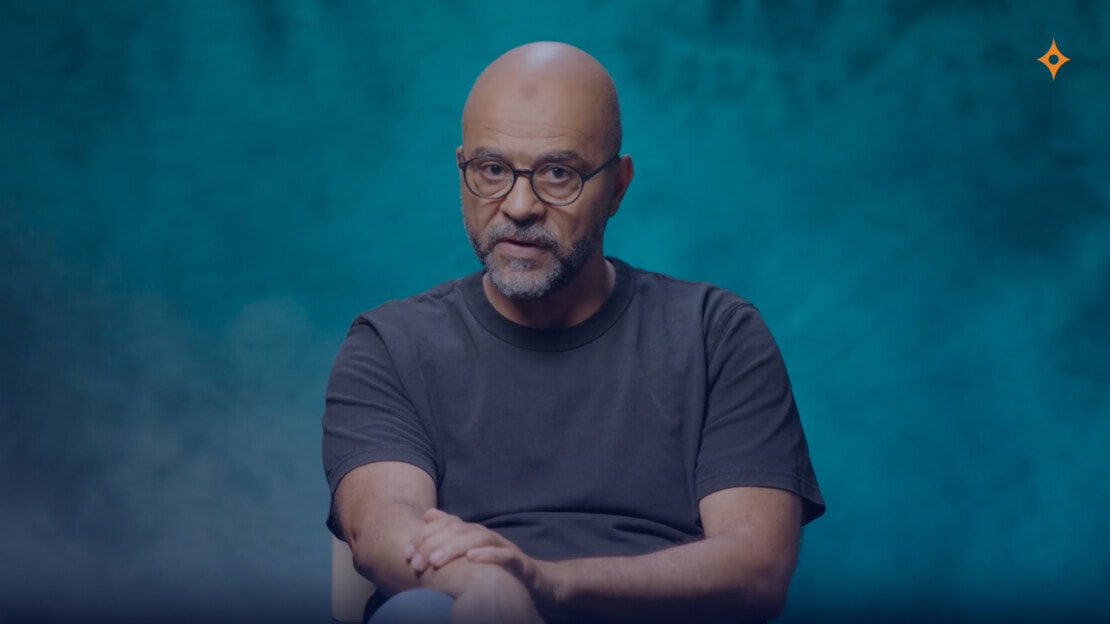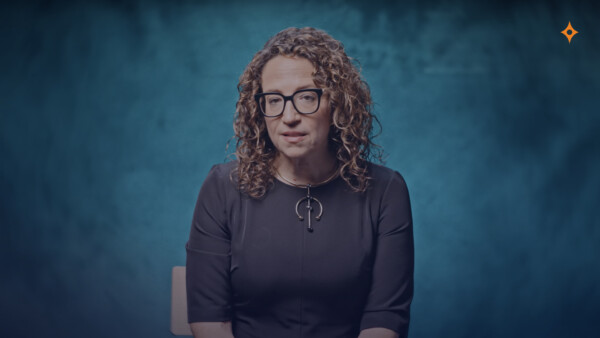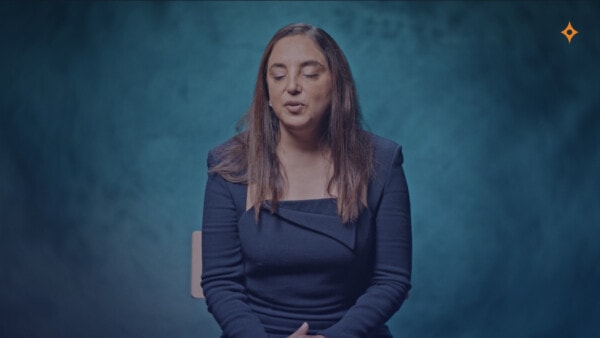22Nov2023
In the latest episode of Behind the Keynotes, our NBForum 2023 speakers shared valuable insights on how leaders can drive positive change for a better future. Here are the key takeaways for leaders aiming to make a meaningful impact on personal, professional, and global levels!
Three Elements to Make a Difference
Leading change is a complicated effort with multiple layers. Addressing some of them, Rebecca Henderson outlined a three-pronged approach to making a difference in the world: personal, professional, and political. Personally, leaders should passionately advocate for causes like climate change, engaging in conversations with friends to drive cultural change. Professionally, organizations should align with a clear purpose, addressing significant global issues. Politically, leaders should get involved to ensure good governance and focus on the most significant problems our world faces.
Empowering People
Becoming a change leader requires you to empower other people. Jos de Blok envisioned a better future where individuals feel more influence in their daily work, have opportunities to create their own conditions and experience ownership within their organizations. Increasing democracy, participation, and ownership in workplaces will contribute to positive organizational change.
Similarly, Sheena Iyengar highlighted the need to help people take charge of their information intake. Her four techniques for managing and curating choice include cutting irrelevant options, concretizing consequences transparently, categorizing effectively, and conditioning for complexity.
Government’s Role in Preparing Humanity
To lead change, Mo Gawdat emphasized the disruptive nature of our present. Leaders must take a moment to reflect on the challenges we face, including serious climate issues, economic challenges, geopolitical complexities, and unprecedented technological advancements that bring uncertainty about the future. Most importantly, we have to acknowledge that the challenge we face is not a challenge of technology, but a challenge of humanity. Because of this, Mo discussed the role of government, emphasizing that its purpose is to prepare humanity in the age of AI. On each and every one of our challenges, if the world works together, we can secure a future of abundance.
Futuristic Thinking for Positive Change
Finally, Amy Webb encouraged leaders to adopt a futurist mindset by asking “what if” questions. By challenging the status quo and envisioning a different tomorrow, leaders can instigate positive change and shape a better future for themselves, their organizations, and the world. Leading change is about questioning our old ways and embracing the new.
Want more inspiring leadership content? Join our Leader’s Digest Newsletter list to get your dose of monthly inspiration!

 by:
by: 
